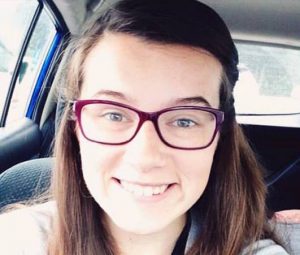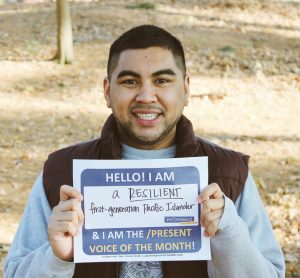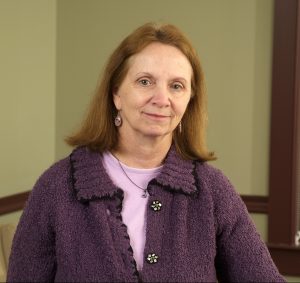 Where are you working right now?
Where are you working right now?
I serve as a Graduate Assistant in the Office of Community Standards at the University of Connecticut. In this position I serve as a student conduct officer and investigate potential student code violations. I resolve the alleged incidents via UConn’s conduct process, up to student dismissal from the institution. I also have the opportunity to work with our CARE Team or threat assessment committee at the university by collecting and organizing student data. Most of my job involves 1:1 meetings with students and I do my best to balance empathy and accountability to ensure students are able to both individually succeed and positively contribute to the UConn community.
What do you love about working there?
Student Conduct work has a lot of opportunity for student education and I enjoy helping students better understand their decision-making process and how to experience growth from mistakes. In conduct I need to utilize a lot of different skills. For example, the basics of how to investigate under the preponderance of evidence standard but also how to deescalate an angry student. I appreciate the challenge that innately comes with the work and the development/support I’ve received from the professional staff in the office.
When you aren’t working, how do you spend your free time?
Every two weeks or so I get wings at my favorite place in Connecticut. Beyond that bi-weekly reward, I like to read, watch TV, gym as a de-stress, and have game nights.
What is your favorite grad school class and why?
Law & Ethics in Higher Education has been my favorite class. We were taught to understand different federal regulations and how they apply to our work. Case law was used a lot to demonstrate the inequalities within higher education and the class integrated a social justice lens in the context of critiquing law and responding to crisis. I found discussions around ethics interesting and the class helped me gain a better understanding of the responsibilities practitioners have to students.
Who inspired you to get involved in Higher Education?
My experience at DePaul University in Chicago, IL shaped a lot of my desire to go into Student Affairs. I was a Resident Assistant for three year and worked in the LGBTQA Student Services Office. I connected a lot to the mission of the university as Catholic and Vincentian. I had a great Residence Hall Director, Travis Whisler, who is now the Assistant Director of Residence Life at St. Peter’s University, who guided me towards Student Affairs as a profession. I know the impact that DePaul had on me as a person and I hope to pay that forward to others.
What is the most valuable lesson you have learned in your career (so far)?
The value of listening to others, whether that is students or colleagues. Students need to feel heard and listening to colleagues allows you to better understand how to work with them and be a positive contribution to a team.
What is on your Higher Ed bucket list?
My first step is to hopefully find a position in student conduct at some point in my career. I’d love to be able to apply what I’ve learned as graduate student to a full-time position.
What advice would you offer to undergraduate seniors who are staring to search for grad programs?
The advice I would give undergraduate seniors is to know what you want from a program and prioritize. Do you want a program that is more counseling-based, research, administrative, or a mix? Is a cohort-based program want you want or is that not important? Look at the curriculums of different programs and compare and contrast. If you have any questions I’ve found that people in programs are more than willing to offer advice. Never be afraid to send an email or reach out.

 What is your current position at the Mount Holyoke?
What is your current position at the Mount Holyoke?
